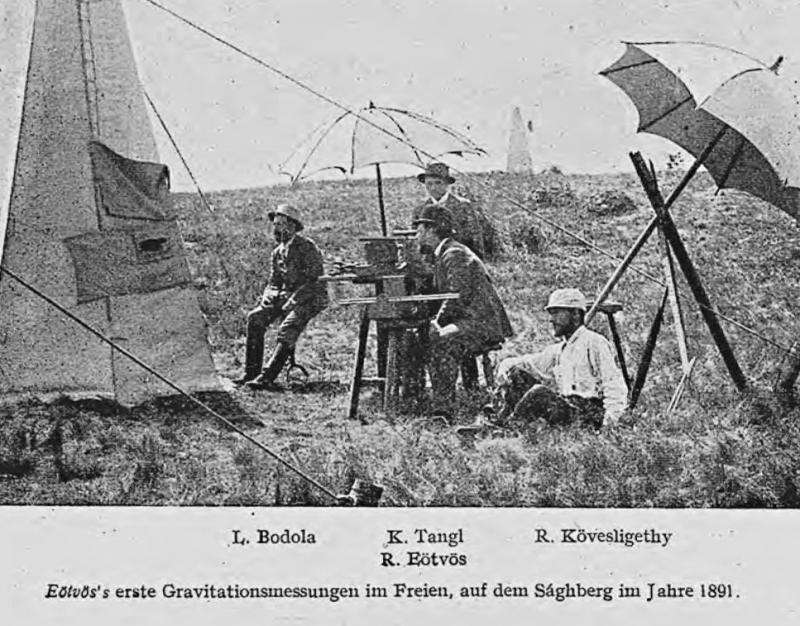History shows experiments to be just as key as theory in gravity physics

In the 1950s and earlier, the gravity theory of Einstein's general relativity was largely a theoretical science. In a new paper published in EPJ H, Jim Peebles, a physicist and theoretical cosmologist who is currently the Albert Einstein Professor Emeritus of Science at Princeton University, New Jersey, USA, shares a historical account of how the experimental study of gravity evolved.
This review examines the broad range of new approaches initiated in the late 1950s, following through to the transition of experimental gravity physics to become a normal and accepted part of physical science in the late 1960s. Highlighting the importance of advances in technology in changing the lines of investigation in the field, it also emphasises the need for physical theories to be empirically tested, because experience shows that this can yield surprising results.
In this context, the review examines the role of scientists such as the US physicist Robert Dicke in changing the former perspective. At that time, Dicke made the mid-career decision to lead a research group dedicated to the experimental study of gravity, following new research directions inspired by old arguments associated with Ernst Mach and Paul Dirac.
In the mid-1950s, the experimental exploration of gravity physics was generally considered uninteresting, because it seemed that little could be done to better test general relativity theory. Now, the empirical basis for inflation, or other ideas about the role of gravity in the very early universe, are considered to be necessarily schematic, because better experiments don't appear to be feasible.
The community was surprised by the abundance of evidence that has grown out of the emergence of experimental gravity physics. Indeed, experimental findings show that the theory Einstein completed a century ago matches an abundance of experimental and observational evidence on scales ranging from the laboratory to the Solar System, and even to the observable universe. This experience suggests that there may be further surprising empirical developments to come, perhaps related to deeper tests of the nature of gravity, and perhaps ones that can tell us more about how the world began.
More information: Phillip James Edwin Peebles. Robert Dicke and the naissance of experimental gravity physics, 1957–1967, The European Physical Journal H (2016). DOI: 10.1140/epjh/e2016-70034-0
Provided by SciencePOD





















